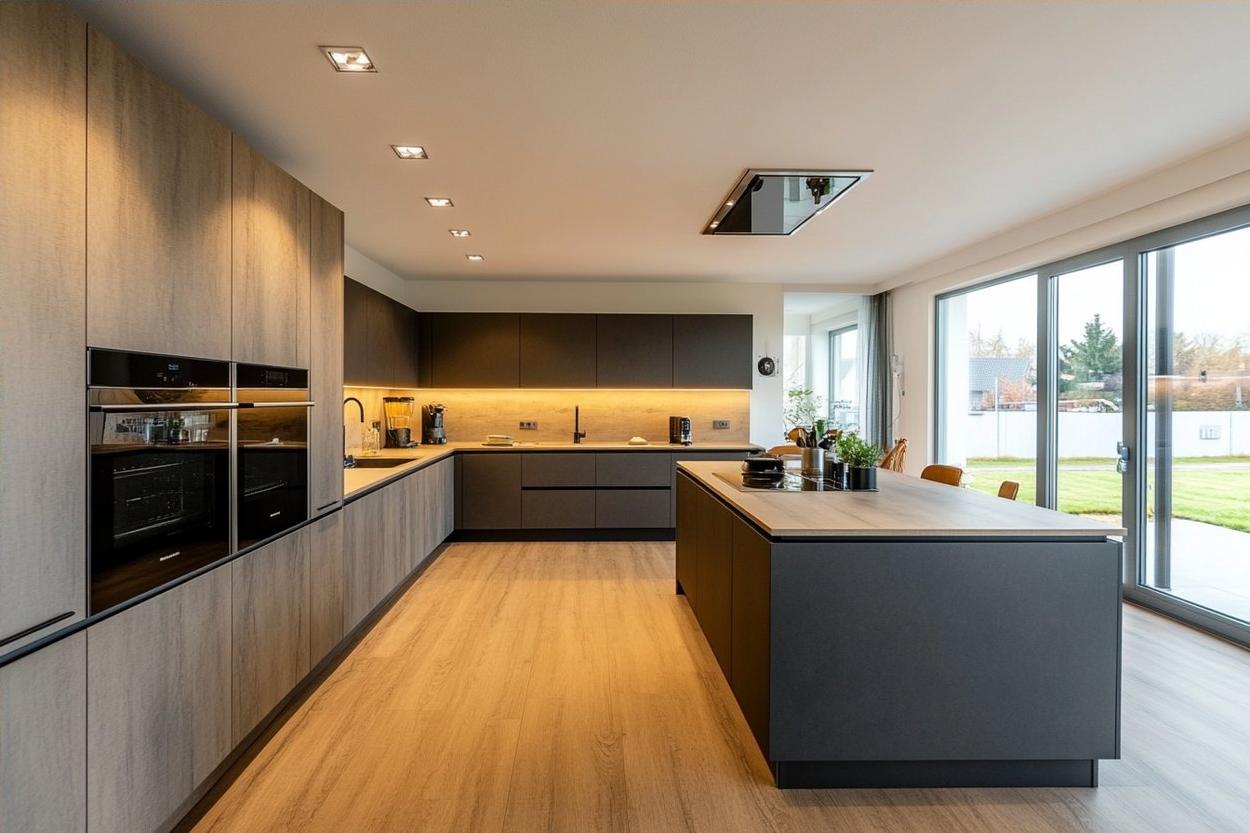Types of rehab centers and their specialized treatment programs
Rehabilitation centers provide essential medical and therapeutic services for individuals seeking recovery from various conditions, including substance use disorders, mental health challenges, and physical injuries. These facilities offer specialized programs tailored to specific needs, combining evidence-based treatments with comprehensive support systems to promote lasting recovery and wellness.

Understanding Different Types of Rehabilitation Centers
Rehabilitation centers generally fall into several main categories based on their treatment focus. Inpatient facilities provide 24-hour care and supervision, offering intensive treatment programs where patients reside on-site throughout their recovery journey. Outpatient centers allow individuals to receive treatment while maintaining their daily routines, attending scheduled therapy sessions and programs during specified hours.
Specialized Treatment Programs in Rehabilitation Centers
Treatment programs vary significantly based on individual needs and circumstances. Medical detoxification programs provide supervised withdrawal management with medical support. Cognitive Behavioral Therapy (CBT) programs focus on identifying and changing harmful thought patterns and behaviors. Dual diagnosis programs address both substance use disorders and co-occurring mental health conditions simultaneously.
Components of Comprehensive Rehabilitation Programs
Modern rehabilitation programs typically incorporate multiple therapeutic approaches. Individual counseling sessions allow for personalized attention to specific challenges. Group therapy facilitates peer support and shared learning experiences. Family therapy programs help repair relationships and build support systems. Additional services often include nutritional counseling, fitness programs, and life skills training.
Duration and Intensity of Treatment Programs
Treatment programs vary in length and intensity depending on individual needs and progress. Short-term residential programs typically last 30 days, while long-term residential treatment may extend to 90 days or longer. Intensive outpatient programs (IOP) usually require 9-20 hours of weekly participation, while partial hospitalization programs (PHP) involve 20 or more hours per week.
Treatment Approaches and Methodologies
Rehabilitation centers employ various evidence-based methodologies. These include Medication-Assisted Treatment (MAT) for substance use disorders, dialectical behavior therapy (DBT) for emotional regulation, and motivational interviewing for behavioral change. Holistic approaches may incorporate meditation, yoga, art therapy, and other complementary treatments.
Treatment Program Costs and Insurance Coverage
| Program Type | Average Cost Range (30 Days) | Typical Insurance Coverage |
|---|---|---|
| Inpatient Rehabilitation | $14,000 - $27,000 | 60-90% with pre-approval |
| Outpatient Programs | $3,000 - $10,000 | 70-100% with pre-approval |
| Intensive Outpatient | $7,000 - $15,000 | 65-90% with pre-approval |
| Partial Hospitalization | $10,000 - $20,000 | 60-90% with pre-approval |
Prices, rates, or cost estimates mentioned in this article are based on the latest available information but may change over time. Independent research is advised before making financial decisions.
Recovery success often depends on matching individuals with appropriate treatment programs that address their specific needs and circumstances. Each rehabilitation center offers unique combinations of services, treatment approaches, and specialized programs designed to support various aspects of the recovery process.
This article is for informational purposes only and should not be considered medical advice. Please consult a qualified healthcare professional for personalized guidance and treatment.




